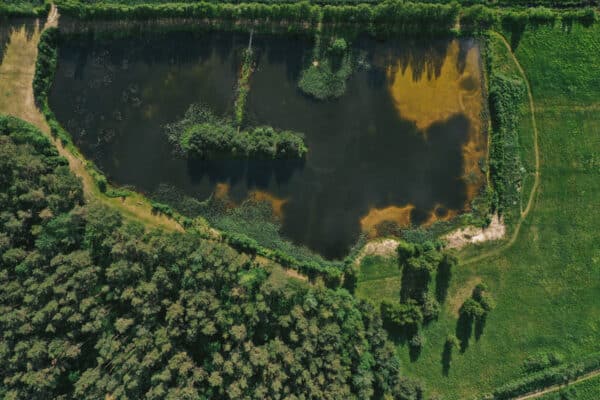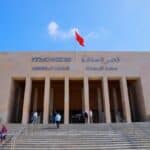
This article was originally published in the Annual Report 2021 of Avocats Sans Frontières.
ASF has been active in the field of natural resource governance in the Democratic Republic of Congo (DRC) since 2018.
Its activities in this area are mainly concentrated in 3 regions: in the provinces of Ituri and Haut Uélé in mining sector and in the province of Central Kongo in the hydrocarbon extraction sector.
The action implemented by ASF and its partners in these three provinces is based on the fight against corruption and human rights violations caused by the activities of the extractive industry. This action is deployed mainly through three types of activities.
(i) ASF and its partners set up awareness and information campaigns for local communities on their procedural and substantive rights, as well as on environmental issues related to the natural resource governance.
(ii) Members of affected communities are encouraged to participate in the governance of natural resources in their region and to challenge their representatives to ensure that the principles of transparency and accountability are respected.
(iii) ASF and its partners strengthen the protection of the rights of local community members through the prevention and resolution of conflicts related to the exploitation of natural resources.
Recent legislative developments are moving in this direction. In 2015, a law on the general regime for hydrocarbons was enacted. This obliges oil companies to take into account the rights and welfare of local communities and to respect sustainable environmental management. In 2018, a law was passed to strengthen the rights of local communities affected by the mining sector. It aims to put in place regulatory mechanisms to reduce the negative impacts of mining projects on human rights and to ensure that local residents benefit from the economic profits of mining through the funding of various community development projects.
A solid legislative base to promote transparent management of natural resources that respects human rights and the environment exists in the DRC, but these laws have not yet produced the desired results.
This is why ASF is conducting advocacy work with local and national decision-makers. Several advocacy actions were carried out in 2021, in particular to ensure that compensation for environmental damage caused by extractive activities is effectively paid to local communities.



